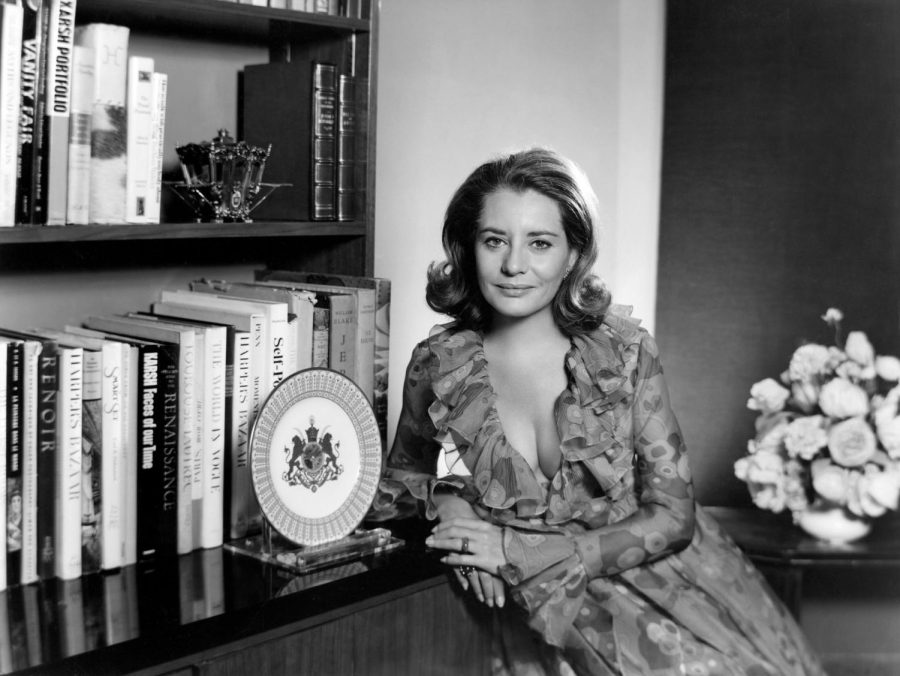Looking back at the extraordinary career of Barbara Walters and the legacy she leaves behind
Photo by Yusuf Karsh via Creative Commons License
Barbara Walters poses circa 1960s. Walters is often credited as a trailblazer for women in journalism and media.
Legendary broadcast journalist Barbara Walters died at 93 last month, however, her legacy will continue to leave an ineradicable mark on the world of journalism as we know it today. Throughout her nearly six-decade career in television, Walters established herself not only as a trailblazer for female journalists but for all women. Through her ability to extract juicy revelations from the most elusive, and often infamous, figures and her trademark interview technique, she became a leading presence in American television for nearly half a century, and in turn, served as an inspiration for journalists and women alike.
After a brief stint as a news and public affairs producer with CBS, Walters first gained public recognition when she was hired by NBC as a writer with an occasional on-the-air feature for the Today show in 1961. At first, the work Walters was assigned to do was less than serious; in a 1962 segment, Walters covered a day in the life of a Playboy bunny, and in another, she discussed with clear exasperation the latest vinyl fashion trends. However, she soon became a regular on the Today show and began to cover more significant topics.
This isn’t to say she was promoted without parameters; co-anchor Frank McGee insisted that Walters not ask any hard news questions, instead, any so-called sensitive questions would be asked by himself. To compromise, NBC decided that for every four questions McGee asked, Walters could ask one, and any interviews Walters may conduct must be done outside of the studio.
It was this decision that forced Walters’ initiative into the limelight. She began to reach out for interviews herself: meeting with everyone from presidents and dictators to murderers and movie stars in the comfort of their own homes. She never shirked away from even the most formidable of interviewees; for her, she understood that no human being was really that intimidating.
Following the death of McGee in 1974, Walters was named co-anchor of the Today show, and simultaneously became the first female co-anchor of a network evening news program. She then co-anchored ABC Evening News before making the transition to ABC’s 20/20 program. She held this position for nearly 20 years before she transitioned to “The View” in 1997, where she stayed until retiring in 2014. In her final appearance on The View, she was greeted by many of the most significant female journalists of the past four decades: each one to say ‘thank you’ for the road she helped pave for them.
Walters was a pioneer for women in the newsroom. She asked the questions no one dared to ask. She interviewed every United States president from Richard Nixon to Joe Biden. She was full of gumption. She was the first American journalist to interview Cuban dictator Fidel Castro. She was a groundbreaker. She initiated a joint interview with the Israeli prime minister and Egyptian president that signified the prospect of peace between the two nations. She was persistent. She asked Monica Lewinsky where her self respect was and Katharine Hepburn what type of tree she would be. It seems that nearly every public figure the modern world has encountered was interviewed by Walters at the height of their popularity.
The trails Walters blazed inspired many in a multitude of ways. For me? To write for my school newspaper; to pursue my curiosity about people and their lives. Walters’ tenacious pursuit of exceeding public standards set the precedent for modern journalists and served as the inspiration for some of the most sensational reporters of the past forty years. As we move forward, we can only hope that her legacy will continue to influence the ways of future generations.




